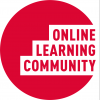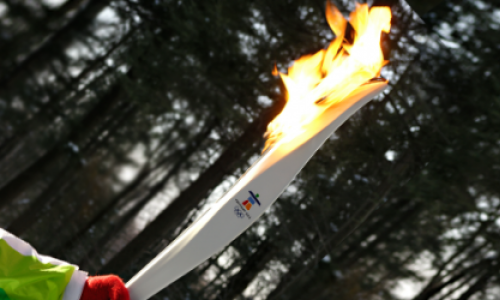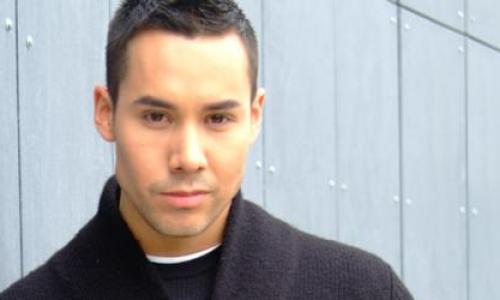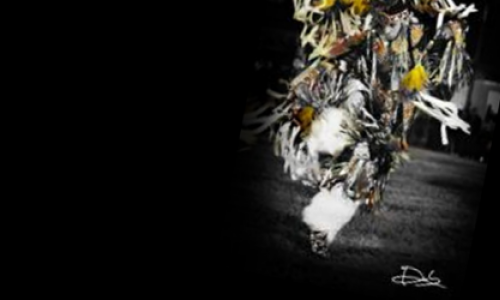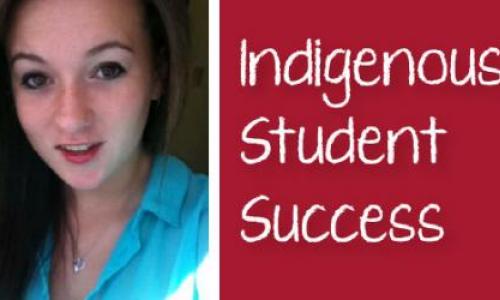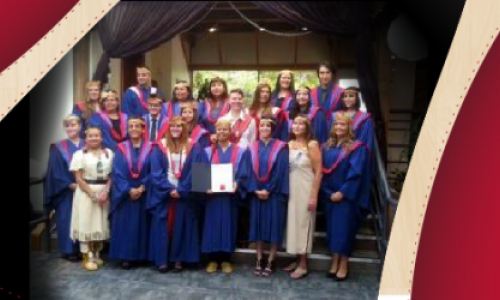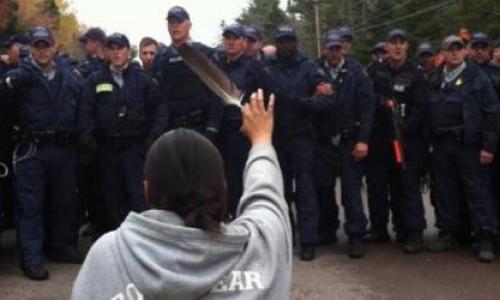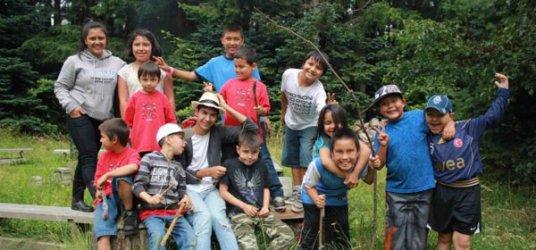
The Vancouver Aboriginal Friendship Centre, a non for profit charitable organization, has been meeting the needs of aboriginal people making a transition to the urban Vancouver community since its doors opened in 1963. In additional to the recreation department, the Friendship Centre also houses the following departments and services: Elders Department, Family Support and Services, Community Developer, Volunteer Coordinator, Rentals Department, Maintenance Department, Sundance Daycare, Friendship Catering Services, as well as offsite homelessness shelter. The Friendship Centre also leases space to a number of other aboriginal organizations, such as: Vancouver Aboriginal Transformative Justice Services Society, Aboriginal Community Career Employment Services Society, Aries Community School, House of Culture Studio, Metro Vancouver Aboriginal Executive Council, Cedar Root Gallery and FASD Support Worker.
The recreation department at the Vancouver Aboriginal Friendship Centre Society strives to provide the urban aboriginal community a safe and positive space to participate in sport and recreation activities. Our recreation programs are designed to meet the physical, educational and cultural needs of the community by offering a multitude of programs indiscriminate of age, sex, status, income or (dis)ability. We believe that sport and recreation activities have the power to transform people into healthy, happy and expressive individuals; adding tremendous value to the community as a whole.
The recreation department team expects that staff will be energetic, hardworking and resourceful. With the exception of summer months, the recreation department is filled by 1 full time supervisor, and 2 part time staff. Duties are various, and not limited to: building relationships with sport and recreation groups throughout Vancouver, writing proposals, maintaining public and private funder/partner relations, collaborating on community events, fundraising and managing a budget. The recreation department encourages its staff to take initiative to design, plan and implement their own sport and recreation projects. The department provides its staff with the resources, encouragement and support necessary for their own empowerment. We believe that providing young employees the space to bring their own ideas and dreams for the department into action, results in them feeling valued, appreciated and proud to be part of the team.
Over the summer months our largest program, the Summer Day Camp, is made possible through funding provided by ACCESS (Aboriginal Community Career Employment Services Society). aboriginal youth who are committed to completing their studies and gaining valuable work experience are selected through the hiring process. For many, this is their first job opportunity they have had. We provide the necessary training in order for the students to feel confident in their leadership roles. The staff are trained in such areas as effective communication, problem solving and conflict resolution. We also encourage our staff to take advantage of other free training opportunities such as coaching clinics, referee training, first aid and food safe.
Below is a short interview from one of our summer students, Elizabeth Laboucan (17 years old, Squamish Nation), interviewed by the VAFCS Recreation Supervisor.
How did you find out about the position?
My grade 10 teacher, Deborah Sun, found the job posting on the VAFCS website. She was the one who encouraged me to apply. I was really scared to do it on my own, and probably wouldn’t have done it without her push.
What made you decide to apply for the job?
I thought back to when I was a kid going to summer day camps, and how much I looked up to the day camp leaders. They were always so confident, outgoing, and just fun to be with! I always dreamed of being a leader one day. At the interview I was very nervous to apply because I had no experience. I am so glad that I found the courage to go to the interview, because it ended up going pretty good. I admitted that I was nervous, and after that, it was a lot easier.
And, so you’re just about at the half way point, how’s it been going so far?
I am having a great summer. I mean, we work really hard and I am exhausted by the end of the day. But then I think about what my summer would be like without this job and it puts a smile on my face. I leave work every day proud of the work I’ve done and the smiles I put on the kids faces. And now I have great stories to share when I return to school. Plus, I’ve learned a lot about myself.
Can you tell us more about what you’ve learned about yourself?
Sure. I feel like I have more patience, and now know how to communicate with the children better. Also, I’ve learned to stay flexible and adaptable. The other staff have given me a lot of responsibility, too: I cook breakfast each day for the whole camp, problem solve disputes between the children, organize events, and provide first aid to children who get hurt. I’ve also noticed that I can manage my time better. I like the feeling that the kids and other staff depend on me to do things. I always show up to work on time, and ready to work. I also feel more comfortable getting around Vancouver by transit.
That’s wonderful, Liz. Do you have any advice for other aboriginal youth looking for employment?
I would say, don’t underestimate yourself and your abilities. There are great organizations, like the Vancouver Aboriginal Friendship Centre who will hire you in order to help build your experiences, and not judge you because you have not experience yet. And I guess, I’d share my favorite quote that is to chase your dreams, and if you shoot for the moon you will land on the stars.
Great advice. What do you want to do after graduating?
I want to work with children, maybe in early childhood development or as a social worker for children and youth. Another dream I have is to start up my own non for profit organization to in order to send sock monkey’s around the world to children in need. My sock monkey’s are a package of love from me to them, and my hope is that they will brighten their day. I want to do it for the happiness it brings people.
Elizabeth Laboucan position is funded by ACCESS through the HRSDC Summer Student Program.
All employment opportunities can be found the organizations’ website, at www.vafcs.org and job posting boards within the Centre. Employment opportunities are also disseminated by e-mail to partner organizations, employment assistance organizations, and other aboriginal organizations in and around Vancouver. The Vancouver Aboriginal Friendship Centre is committed to honouring and respecting the diverse Aboriginal cultures, identities and knowledge, and therefore preference is given to qualified Aboriginal candidates in accordance with Section 41 of the BC Human Rights Code. It is important for our employees to understand and seek to address the issues that face the urban aboriginal community within their job detail. The Friendship Centre operates much like a family, where the different departments often collaborate on initiatives, projects and strategies to increase their impact overall. To best distinguish yourself from other applicants, be sure to highlight your experience working in and with aboriginal communities in Vancouver.









